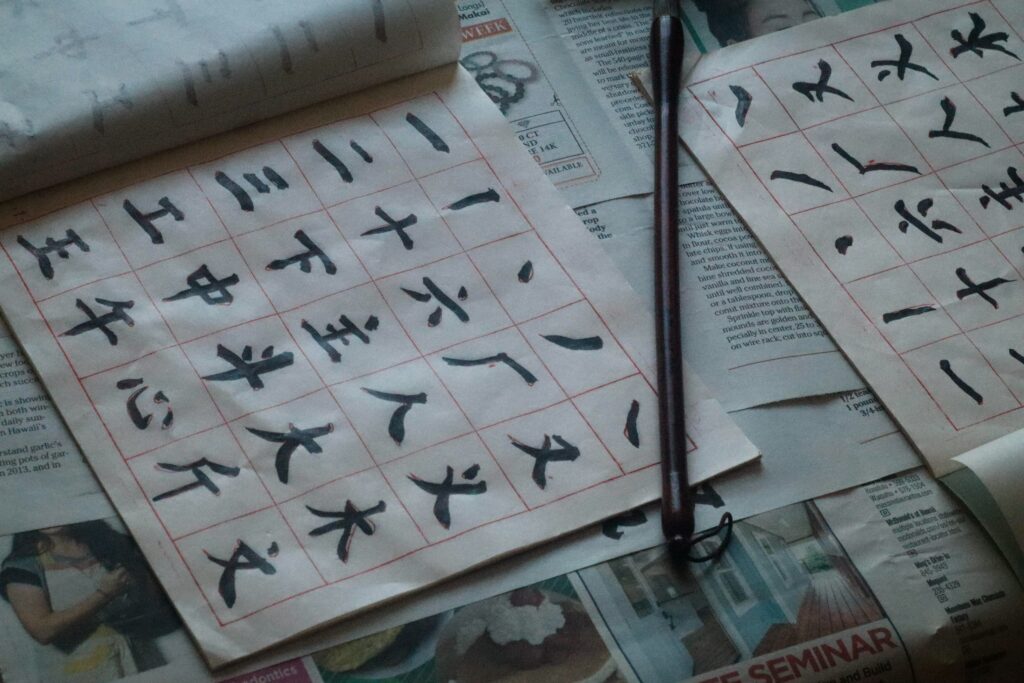
Reading is enjoyable. Pick up a great book and you will quickly be drawn into it. How about studying? Doesn’t sound so fun, does it? As a student I was even looking forward to read books assigned to class. However, when it came to the exam, I was blank. I read the book, but it was so much content and so many details that I did not remember much of it.
I did not understand nor correctly apply the distinction between reading and studying. If you are a student, this is one of the most important distinctions to understand. Being aware the differences can save you a lot of time and frustration ( I mean it!).
Reading often comes before studying. Especially if you are not familiar with the topic: You need to get an overview first. In other words, its hard to study something if you have not read it.
Reading is the fun part and studying is the part no one is excited about doing. You get the big picture. Similarly as going to the gym can be a chore, once you are there and doing the work it almost always feels different.
Reading vs studying in bullet points
Reading
- You are following the flow of the text.
- It feels easy and relaxing; can be done for entertainment
- Low retention of content
- You are not doing anything else than reading
- Doesn’t feel like work
Studying
- You are in charge of the process. Selectively choosing content and skipping sections.
- Takes effort and energy; you are thinking through content and connecting ideas
- High retention of content
- May be applying study techniques and methods: summarizing, note-taking, marking up
- Difficult to get started, often feels like work
Final advice at the end of the post
Read widely, but be picky about what you study. Study only what is necessary for you to achieve your goals.

